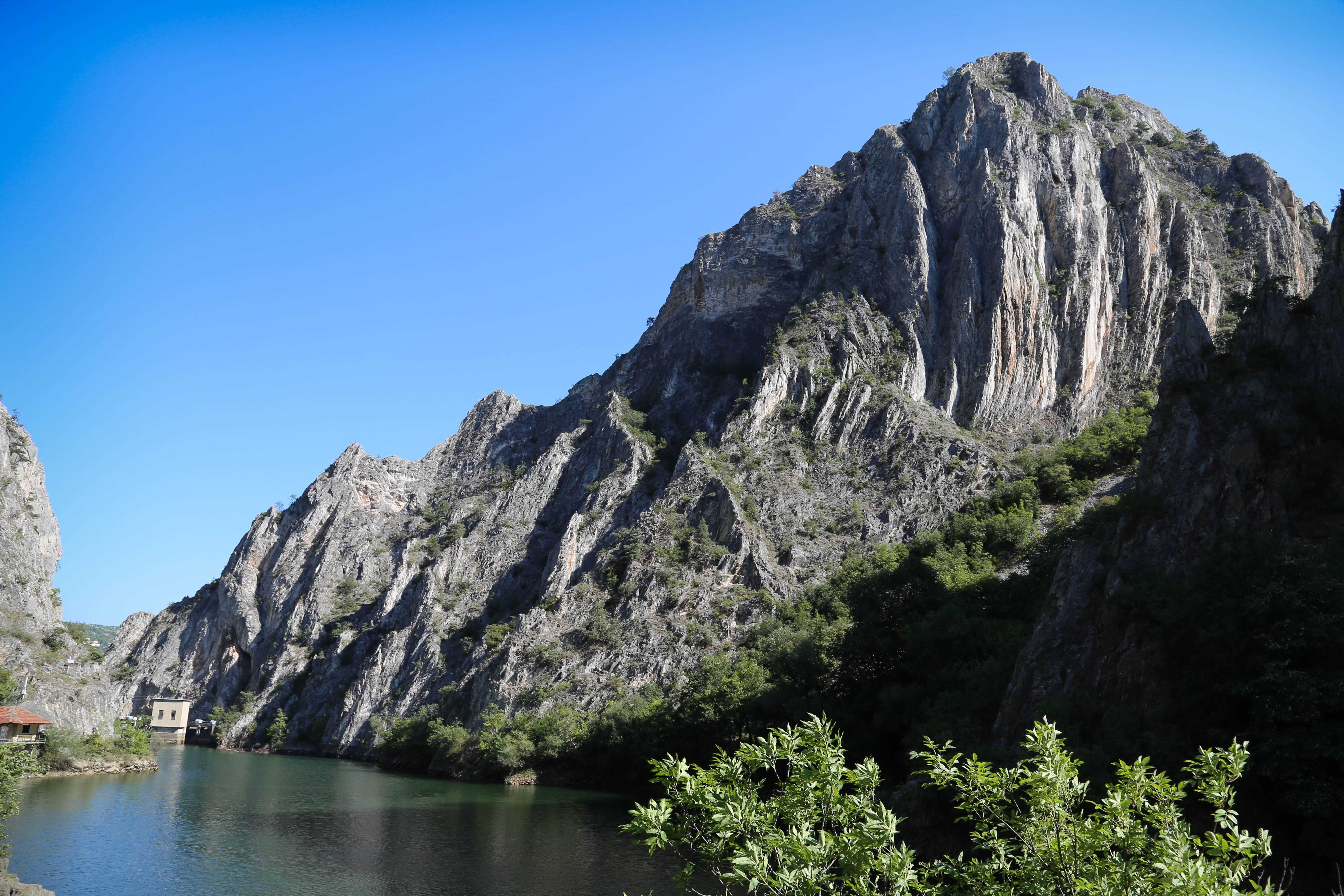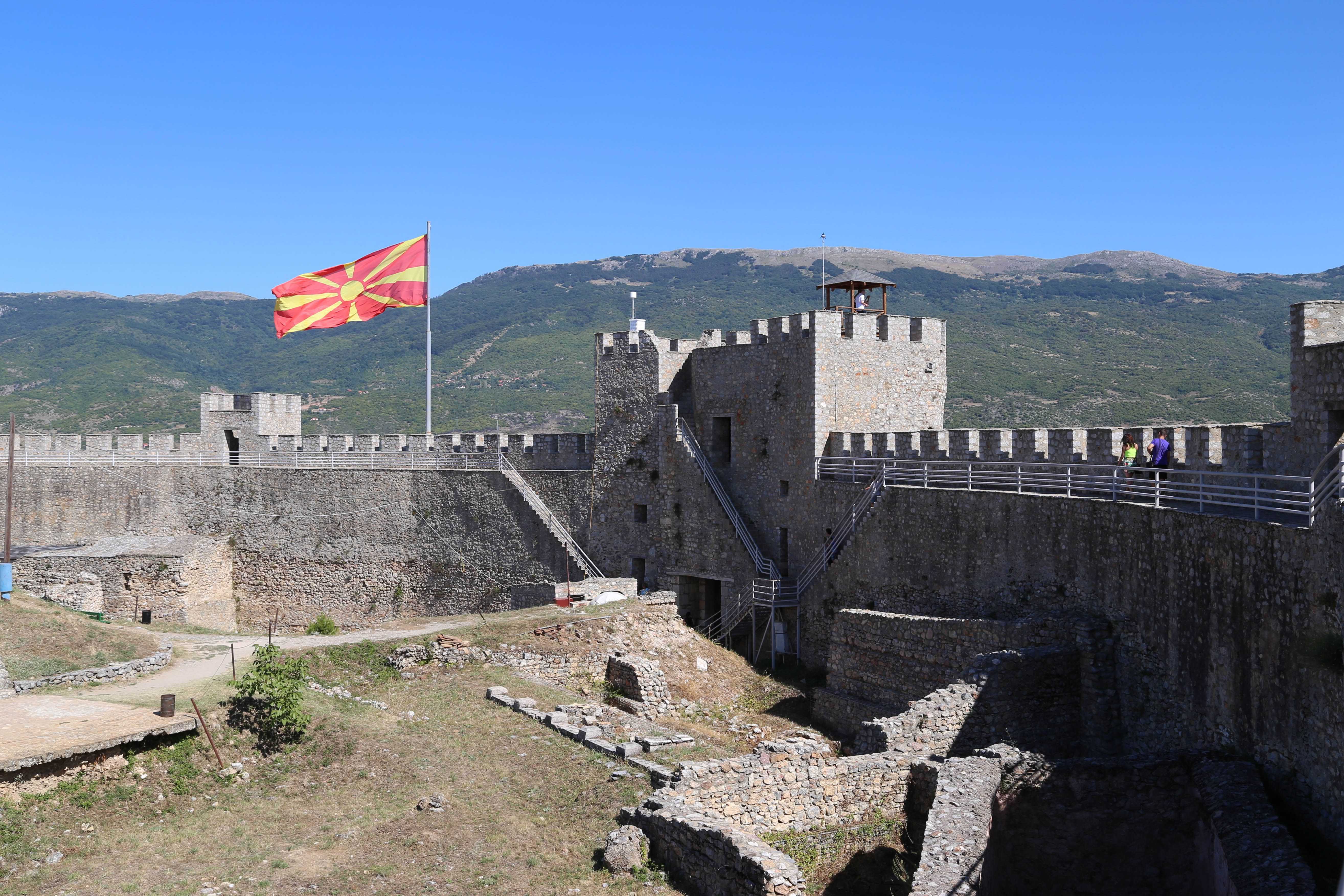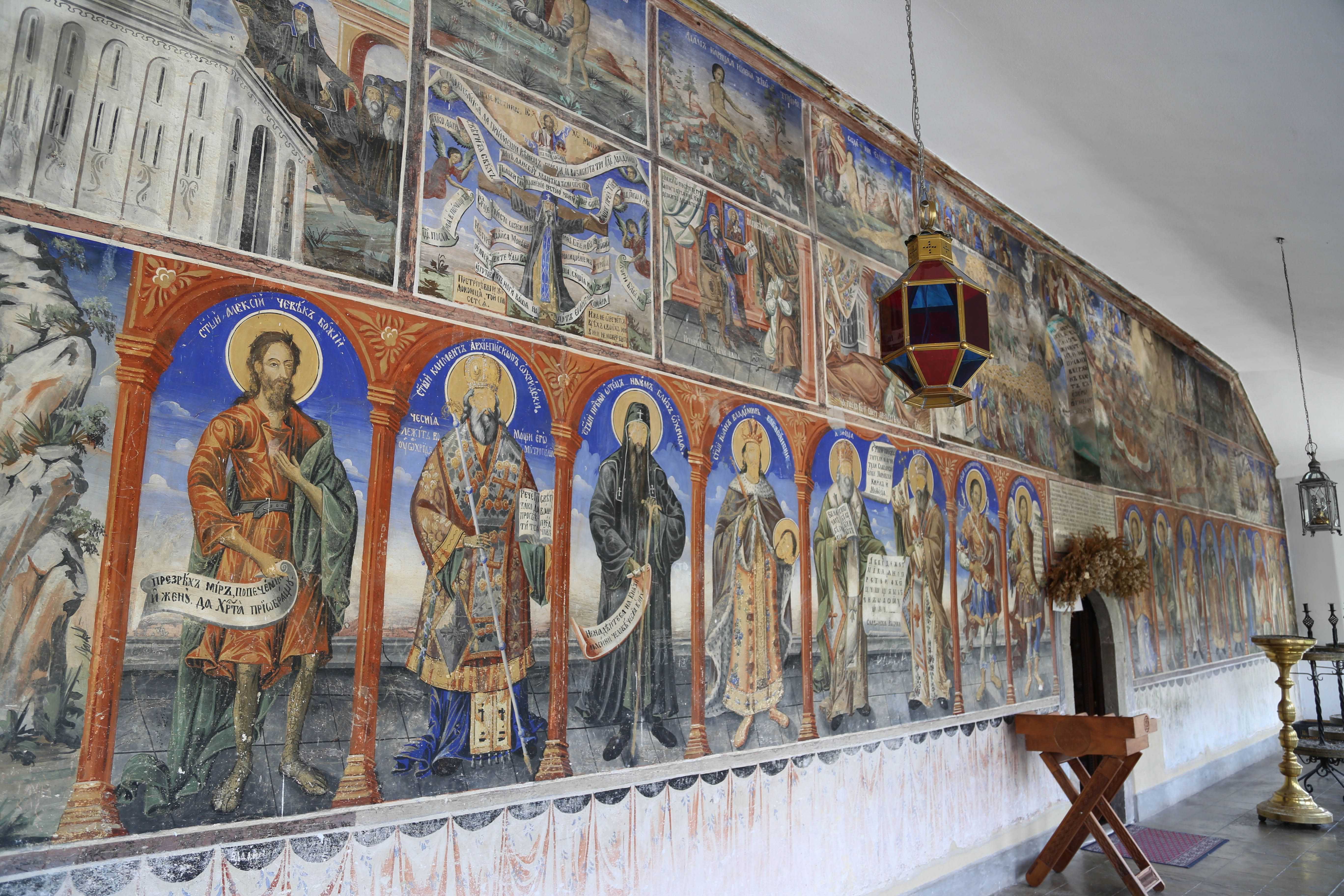As a place, Macedonia is a land of rugged beauty with sharp, vertical mountain peaks, agricultural areas that are mostly pasture, a mild summer climate, and a place of meager rainfall. Within this region of the Balkans, Macedonia has been a crossroads for several thousand years; it has been settled, resettled, and fought over long before history was being written down. Even the name Macedonia has been a source of contention because Greece, behaving like a pettifogger, has blocked Macedonia from being formally called Macedonia. The word “Macedonia” is thought to mean either “the tall ones” or “highlanders.”


